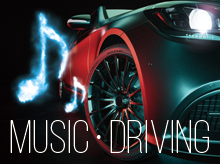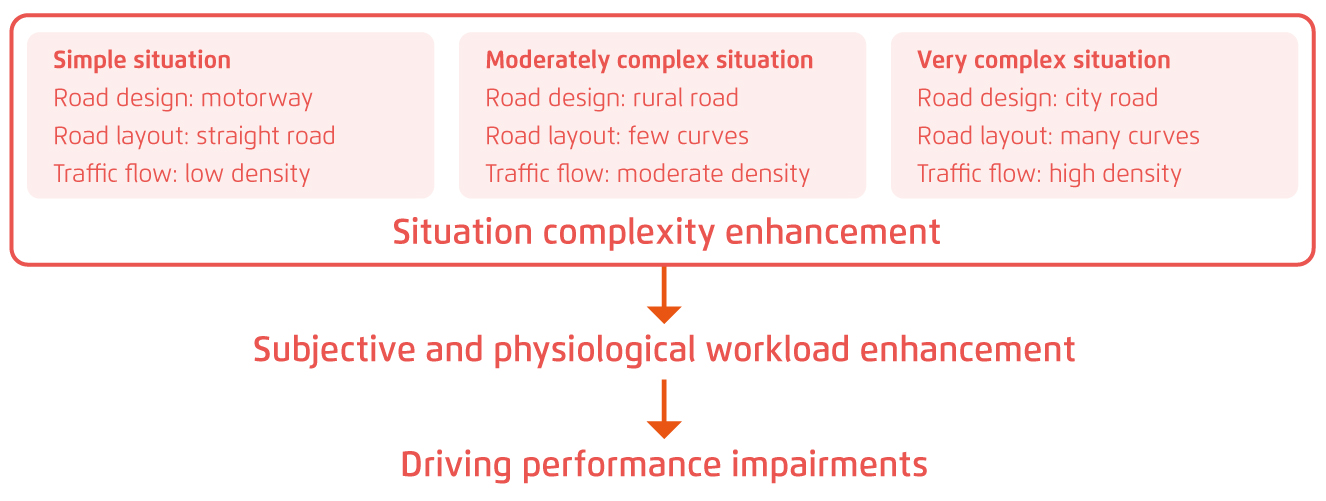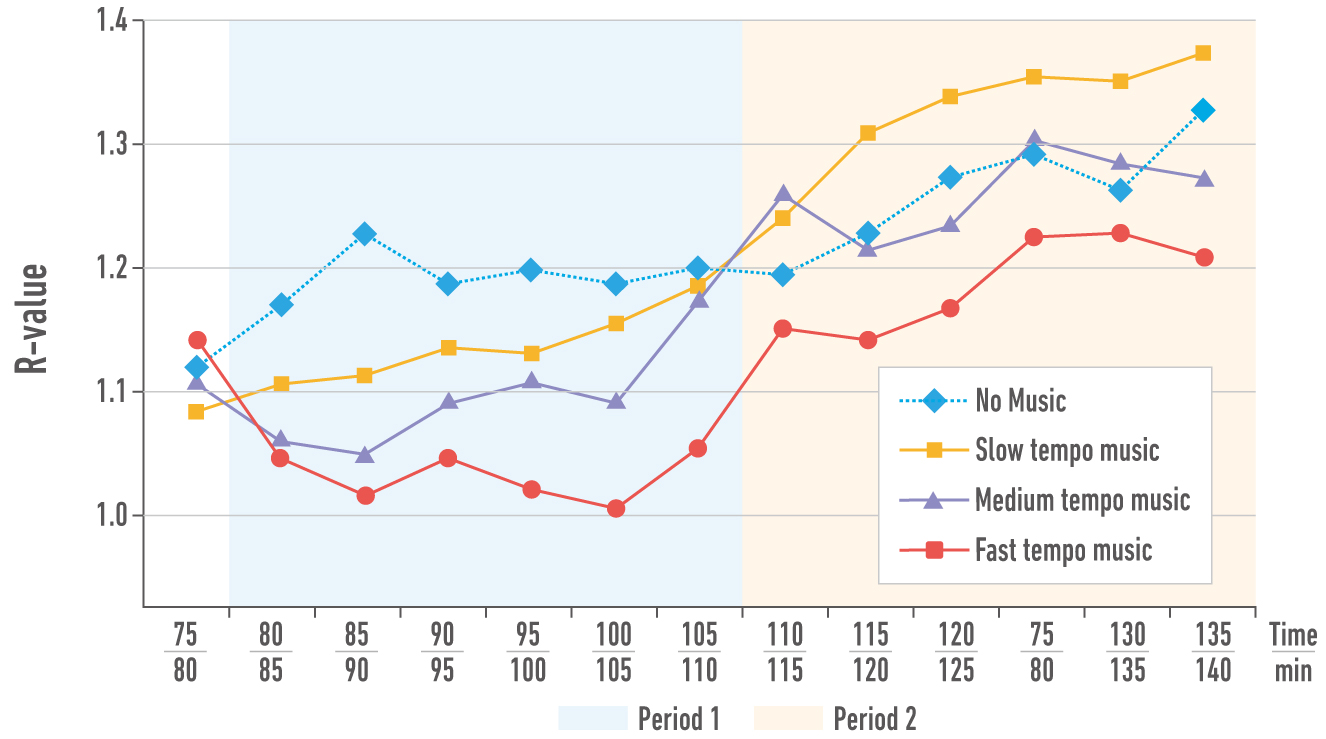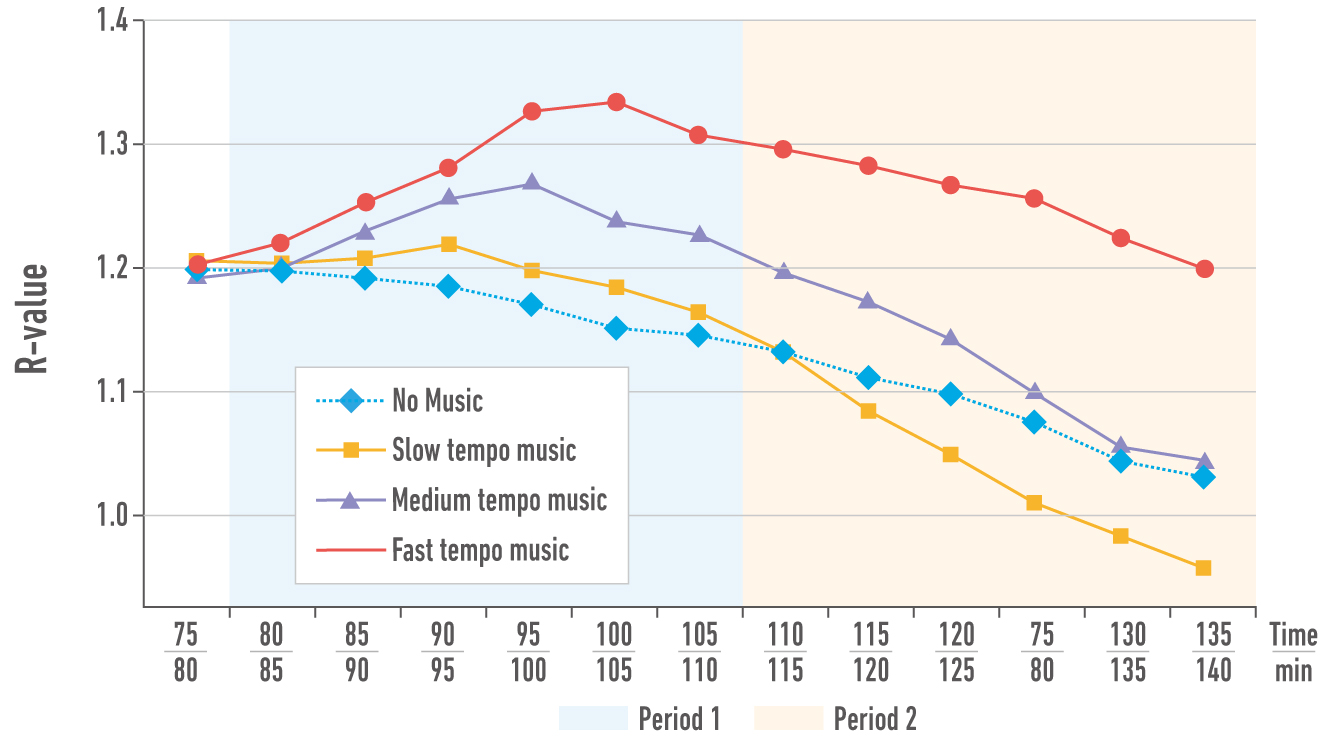
Turn on the Music?
The Impact of Music on Driving Performance
Car driving is a daily activity for many people in modern cities. Very often, drivers listen to their favourite music while driving. Nonetheless, the impact of music on driving performance is controversial. For instance, music listening has been reported to positively influence mood which lead to safe driving behaviour1. On the contrary, evidence has suggested that music listening and its related actions such as adjusting the radio controls are associated with inappropriate or dangerous driving behaviours2. The aim of this article is to discuss the impact of music on driving performance.
Music, Mental Workload and Driving
While music listening can be considered as a form of distraction during driving, its related actions such as searching through MP3 files and adjusting the volume controls are distracting factors increasing the risk of traffic accidents as well. In a trial involving 85 young-novice drivers, the subjects were exposed to either driver-preferred music or music structurally designed to generate moderate levels of perceptual complexity during 6 trips in instrumented learner vehicles. The results showed that driver-preferred music elevated positive moods and enjoyment during the trips. However, more cases of severe driver miscalculations and inaccuracies, violations, and aggressive driving, such as cases needed a verbal warning or required a steering or braking intervention to prevent an accident, were reported in trips with driver-preferred music. In contrast, music generating perceptual complexity was demonstrated to improve driver behaviour and increased driver safety2. These findings suggested that background music while driving, especially driver-preferred ones, would be a distracting factor during driving.
In a comparison between individuals drove in driving simulator either with or without listening to music, Unal et al (2012) found that listening to music would increase mental effort while driving regardless of driving situation suggesting music can be a distracting auditory stimulus. However, the study also showed that drivers who listened to music while driving performed as well as those did not listen to music3. In view of the association between mental workload and driving performance, Paxion et al (2014) addressed that drivers overloaded with mental workload would impair driving performance. The team suggested that mental workload could be subjectively perceived by the individual and was likely to be correlated with physiological modification due to the interactions between factors including task demands, skills of the individual and situation complexity. In the case of driving, situation complexity is associated with the design and layout of road as well as traffic flow (Figure 1)4. Summarising the findings, listening music while driving increases mental workload, thereby impairing driving performance. Nonetheless, it is important to realise that, in addition to mental workload, driving performance is collectively determined by factors such as driver’s skill and experience and situation complexity.

Figure 1. Predictors of mental workload and performance impairments4
Music for Improving Driver’s Physiological Conditions
Although music can be a distraction, former evidence indicated that music can have positive impacts on drivers’ conditions and driving performance. A previous case-control study suggested that tuning a radio while driving was associated with a reduced risk of crash (adjusted relative risk: 0.6, 95% confidence interval [CI]: 0.4-1.0)5. Besides, Wiesenthal et al (2000) showed that listening to self-selected music would help the driver cope with the stress during within traffic congestion6. In evaluating the impact of in-car music on driver’s well-being, a survey on 1,780 drivers conducted by Dibben and Williamson (2007) revealed that music was beneficial for relaxation and concentration as reported by approximately two-thirds of the respondents. Notably, the possession of no-claims on motor insurance was shown to be associated with a preference for no music during driving. Moreover, the results indicated that the genre of music playing would also affect driving performance7.
A recent study by Li et al (2019) investigated the impact of music tempo on drivers’ fatigue and quality of attention. In the study, drivers’ fatigue was visualised by electroencephalogram (EEG) spectrum R value and the average eye movement speed, whereas quality of attention was reflected by sensorimotor rhythm (SMR) and visual search rate. The results indicated that switching to fast-tempo music after the initial driving with no music for 80 minutes was the best at reducing fatigue as its R values are within the range of 1.00 to 1.25, which corresponds to the awakened and slightly fatigued states, respectively (Figure 2). R values of all music tempos appeared to be significantly different from no music in the period within 75 to 110 min (p < 0.05, mixed ANOVA)8. Moreover, the average saccadic speeds of all tempos were significantly larger than that of no music during the same period (p < 0.05, mixed ANOVA, Figure 3)8. These findings indicated that music would reduce drivers’ fatigue regardless of tempo. With regard to quality of attention, however, fast-tempo music significantly deteriorates drivers’ attention after an extended driving time after 80 minutes. Furthermore, slow-tempo music can temporarily boost the quality of attention, but after a long period of driving (100 minutes), it significantly deteriorates the driver’s levels of attention8. Thus, taking the impacts on drivers’ fatigue and quality of attention into account, medium-tempo music would be the best choice to reduce fatigue and maintain attention for a long-distance driving.

Figure 2. R value curves for the 4 music tempos during 75 to 140 min8

Figure 3. Mean saccade speed change curves for the four tempos during 75 to 140 min8
Optimised Mood during Driving
The current article reviewed previous findings on potential impacts of music listening on driving behaviour. It is obvious that music listening can have both positive and negative impacts on driver’s physiological and mental conditions. Nonetheless, driving performance is determined by the interactions among a wide spectrum of factors including traffic conditions, design of road, driver characteristics and the genre of music. Although there is no conclusive evidence on the impact of music on driving performance, it is generally agreed that music would optimise driver’s mood and has been reported to be beneficial in many other scenarios such as in office work, calming surgeons or reducing patients’ anxiety9. So, on top of the road safety rules, turn on your favourite music and have an enjoyable ride.
References
1. van der Zwaag et al. Ergonomics. 2012;55(1):12-22. 2. Brodsky and Slor. Accid Anal Prev. 2013;59:382-393. 3. Ünal et al. Accid Anal Prev. 2012;48:271-278.4. Paxion et al. Front Psychol. 2014;5(DEC). 5. Cummings et al. Inj Prev. 2001;7(3):194-199. 6. Wiesenthal et al. J Appl Soc Psychol. 2000;30(8):1709-1719. 7. Dibben and Williamson. Psychol Music. 2007;35(4):571-589. 8. Li et al. Iperception. 2019;10(4). 9. van derZwaag et al. Ergonomics. 2013;56(10):1504-1514.





